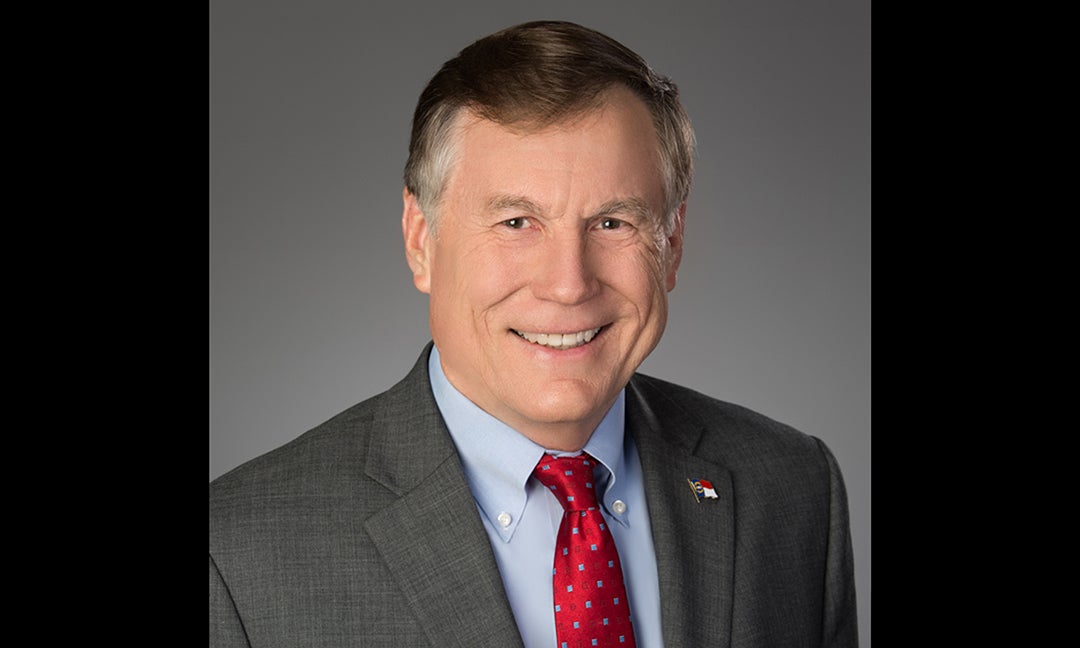Column: Fear of the unknown
Published 4:38 pm Wednesday, March 11, 2020
|
Getting your Trinity Audio player ready...
|
The novel coronavirus, now known as COVID-19, has arrived in the United States. The cases of the virus are still low, but it is beginning to spread. As of March 12, there are eight reported cases in North Carolina. How serious it will become is still unknown, but that in itself gives many of us an uneasy feeling.
The unknown is scary. We are a society that likes answers and likes them quickly. The COVID-19 virus is so new it doesn’t lend itself to absolutes. We know it can be spread easily from person to person, but as far as I can tell we don’t know exactly how to contain the spread. We don’t know how serious the epidemic will become and that brings with it an uneasy mindset.
At this time, I haven’t seen any fear or panic, but it is almost always brought up in conversation. At a recent meeting, I was about to exchange a handshake when we both pulled back and instead put into practice the elbow bump. We both chuckled, but nonetheless it was a move initiated by the new reality and not the latest hip and cool fad. Humor is a common defense mechanism employed by us to cope with a threat.
This isn’t the first time in my life I have had to come to terms with a viral threat. For those of us of a certain age, as children we were frightened of contracting polio. Images of children in an iron lung or walking on crutches were part of our reality. It is probably difficult for those born after the polio vaccine was developed to understand the worry or fear our parents had that this disease would infect their children.
A girl in my hometown was infected. She was part of my extended family. The niece of my uncle and although not directly related to me, regarded as a cousin. It was during an outbreak that saw infection rates spike in the early 1950s. As she recovered and apparently was no longer contagious, we were asked to visit her. Amidst warnings from my mother not to get too close to her, my brother and I were marched to her house feeling a little like lambs being led to the slaughter. The fear I felt, although unfounded, was real. The next year, a vaccine was administered to us at our school. Science saved us. I was sure of it.
More recently we experienced the SARS (severe acute respiratory syndrome) outbreak. SARS is also related to the coronavirus. Although SARS infected people in multiple countries, mostly in Asia over a two year period, only a few confirmed cases were reported in the United States. I was in New England with my family and we were touring a historic grist mill. As a man dressed in period garb demonstrated a living history lesson on how the mill turned grain into flour, an Asian woman and her young son walked in. As the boy coughed and sneezed, the demonstrator became agitated. His face filled with fear as he asked the woman to leave. After she left, he dumped the newly-ground flour that had been intended for sale and made his displeasure known. The fear of infection outpaced the reality. But to him, the fear was real.
At the moment we can’t be sure what the reality of the COVID-19 will be. Healthcare experts seem to believe that for most of us that become infected we will become sick, but survive. For some of us, especially older people and those with underlying medical conditions, it will be more serious, perhaps deadly. How serious the virus is may become clearer in the next few weeks.
How will the virus impact the economy? Although the economy is secondary to the infectious nature of the virus, it adds to the worry. If schools close, who will take care of the children? If businesses close, how does a family make up for lost income? In a tourist area like ours, will our beaches be crowded this spring and summer? The only certainty is uncertainty.
All indications are this health threat is serious. What isn’t known is how serious. We don’t know if, like the flu, it will be a seasonal virus. We don’t know if it will linger for years. We don’t know if those who recover will build up the immunity needed to fight off future outbreaks. Health professionals worldwide are learning, but there is a lot they don’t know.
There is very little we can do but heed the advice of our health and government officials. Wash our hands, don’t touch our face, try to limit our exposure. Most of us will go about our daily routines, we will hope science can find an answer and we will try not to let the fear of the unknown overwhelm us.
Gregory Clark is a staff writer with The Coastland Times. Reach him at greg.clark@thecoastlandtimes.com.
FOR MORE COLUMNS AND LETTERS TO THE EDITOR, CHECK OUT OUR OPINION SECTION.
ALSO OF INTEREST:





